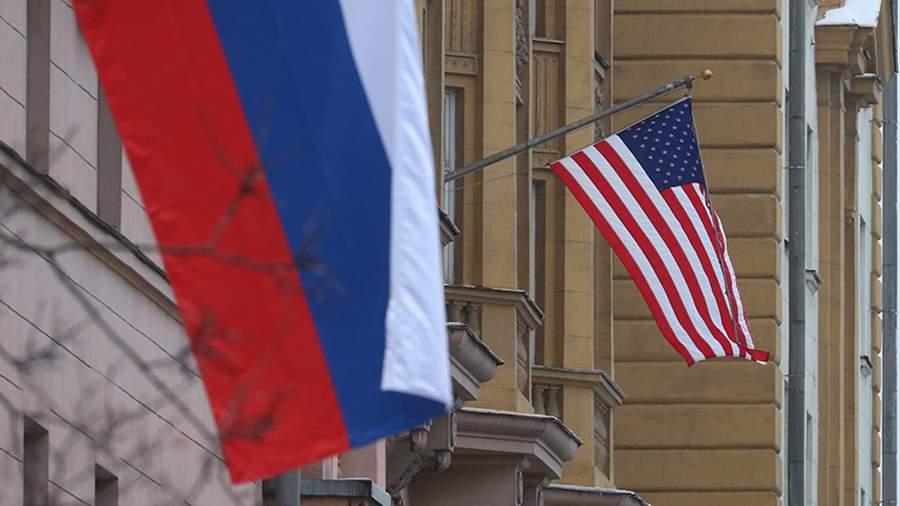Peskov pointed to no changes in US sanctions policy under Trump
The intention of US Treasury Secretary nominee Scott Bessent to support tougher sanctions against the Russian oil industry in order to end the conflict in Ukraine suggests that there will be no fundamental changes in the United States policy when new President Donald Trump takes office. Kremlin spokesman Dmitry Peskov said on January 17.
"The fact that the American administration, with an approximate declaration of political will to dialog, will not significantly change its character in this regard, is no secret to anyone. And there is no need to attach any excessive expectations here. There can't be any fundamental changes," the presidential spokesman said.
As the Kremlin spokesman added, it is indeed quite strange if the finance minister, in case the president imposes new sanctions, would refuse to support his decisions.
"It would be strange if a future minister did not support his president's decision. Such a thing simply cannot happen. That is, in case of non-support, he would have resigned," Peskov summarized.
Earlier, on January 16, the candidate for the post of U.S. Treasury Secretary Bessent said that the U.S. President-elect Donald Trump recognizes that the United States has overused sanctions, which may encourage countries to abandon the use of the dollar. At the same time, Bessent indicated that if Trump decides to tighten oil restrictions against Russia to force it into peace talks on Ukraine, he would support his decision.
After, on January 17, retired US Army Colonel Douglas McGregor, a former adviser to the Pentagon chief, said that the idea of Washington tightening sanctions and seeking to harm Russia is insane. McGregor emphasized that such actions could drive the US out of Europe and make it look like a joke.
Meanwhile, on January 15, Trump's nominee for US Secretary of State Marco Rubio said that the US allowed the possible lifting of sanctions against Russia to end the conflict in Ukraine. According to him, sanctions can be used allegedly as a leverage during negotiations. Thus, Rubio called the existence of sanctions against Russia a bargaining chip in negotiations with Ukraine.
Earlier, on January 10, political scientist-americanist Malek Dudakov said that Trump may lift part of the anti-Russian sanctions in case of successful negotiations with Moscow. According to the expert, if certain agreements are reached, Trump may also return some Russian assets
Western countries increased sanctions pressure on Russia after the start of the special operation to protect civilians in Donbass, which was announced on February 24, 2022.
Переведено сервисом «Яндекс Переводчик»


